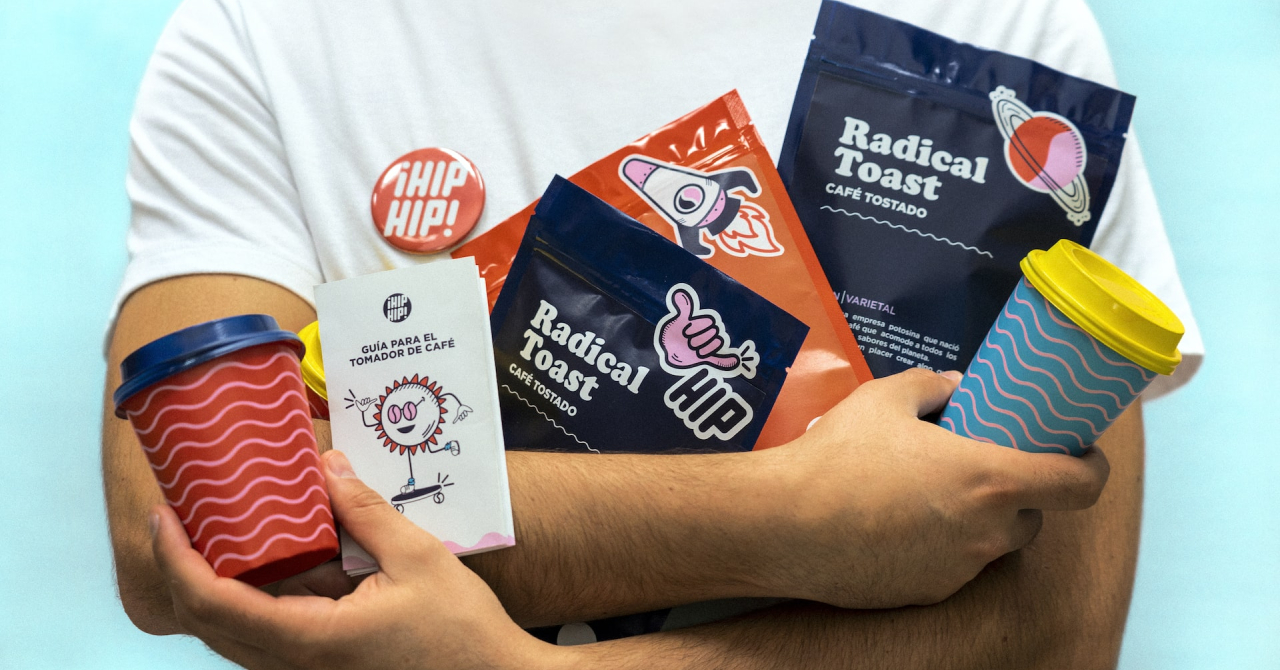Space Daily suggests that biodegradable packaging alone isn't the solution, as these eco-friendly solutions still require us to have a proper way to get rid of them, while the multitude of "biodegradable" plastics may cause confusion among customers. Furthermore, because they think that the packaging is no longer a pollution threat, they might be encouraged to consume even more than they did in the past.
Gaelle Haut, EU affairs coordinator at Surfrider Foundation Europe, said that "people tend to believe they're contributing to the protection of the planet while buying these products, but it's not at all the case."
While traditional fossil-based plastics take hundreds of years to decompose and create a multitude of problems in the meantime, eco-friendly alternatives cut that time by a lot, but they still need to be disposed of properly. Generally, they need to be composted in a special facility, but since most people don't have access to such units, experts fear that they still reach landfills, recycling facilities, or even the environment.
Philippe Dewolfs, business manager at TUEV Austria, one of the world's leading certifying agencies for biodegradable plastics, says that even bio--degradable plastics may have in composition, besides organic compounds, some sort of fossil-fuels keeping everything together. This means that, bio-based as they may be called, they are in fact not bio-degradable at all.
Compostable packaging in general can break down easier in industrial or home compost and, sometimes, even in landfill, but it depends on a number of factors, such as microorganisms and the composition of the said product.
Even European officials warned that "biodegradable plastics must be approached with caution."
Public education is the first step towards a plastic-free world and then we also need special industrial compost units and collection sites.
Phil Van Trump, chief science and technology officer at Danimer Scientific, a US-based firm producing PHA biodegradable plastic, said that "otherwise it's a jungle if we leave it to the companies to decide what they do."
 Mihai - Cristian Ioniță
Mihai - Cristian Ioniță












Any thoughts?